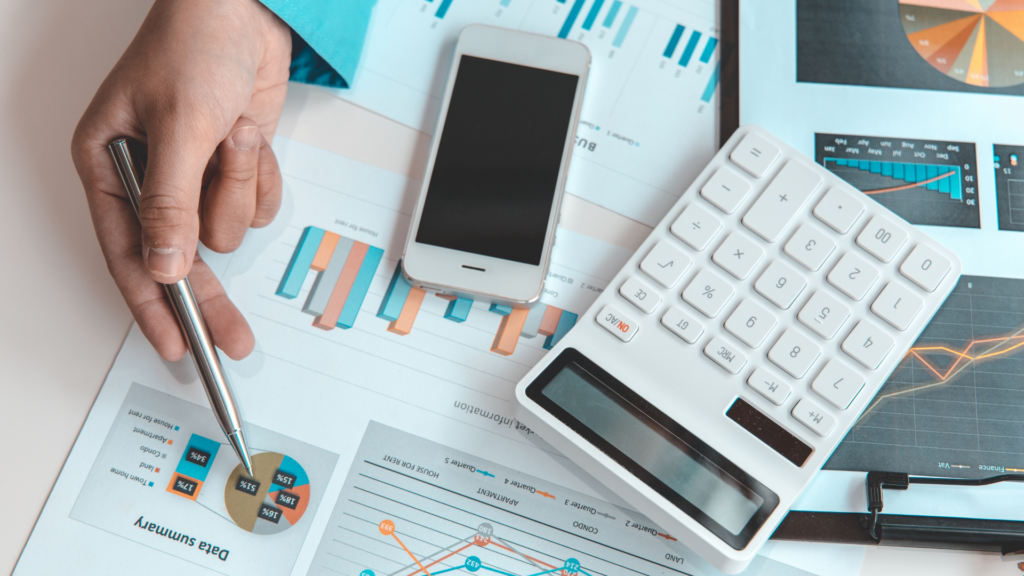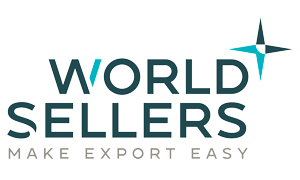
VAT (value added tax) is an indirect tax on consumption.
In fact, VAT is a tax that is added to the price of all eligible products, which is to say, virtually everything. Only a few products are exempt, such as postal stamps and tax stamps.
This is why there are always two amounts on bills for products and services: the pre-tax price (“HT” in French), which is what the seller keeps, and the tax-inclusive price (“TTC” in French), which includes VAT.
Thus, the seller of the product collects VAT from customers and then transfers the tax to the government.
When you conduct business abroad, there are some key pieces of information relating to VAT that you should keep in mind (transactions subject to VAT, place of taxation, etc.).
1 – Does VAT apply to me or not?
A person is said to be “liable for VAT” if he or she carries out an economic activity independently and regularly in a given jurisdiction.
Public services, for example are not considered subject to VAT.
2 – Are my business activities subject to VAT?
Some activities are not necessarily deemed taxable.
There are four types of taxable transactions:
- Deliveries of goods for payment
- Provision of services
- Intra-EU acquisitions of goods
- Imports of goods
Be aware that a company carrying out taxable transactions in a country where it is not incorporated must register for VAT in that country and file VAT returns.
3 – What is the place of taxation?
The logistical management of your business activity may have consequences for how your goods are taxed.
Let’s say, for example, that you are a French company and your goods are shipped to Germany from your warehouses in Belgium. In this case, your products are subject to Belgian VAT.
For deliveries of goods, the applicable VAT is that of the country from which the merchandise originates.
On the other hand, for the performance of services, as in B2B, the client’s place of incorporation determines the tax applicable to the transaction.
4 – How do I file VAT returns in another country?
To declare your VAT transactions, you must register with the local tax administration in the country where you are conducting business subject to taxation.
You can obtain information from the local tax administration to find out whether you are exempt from taxes.
For additional details, please visit the site of our partner TEVEA.
Ready to get into exports?
World Sellers can help you create a global export strategy and implement the right marketing solutions for your business. Contact us on LinkedIn @Worldsellers
